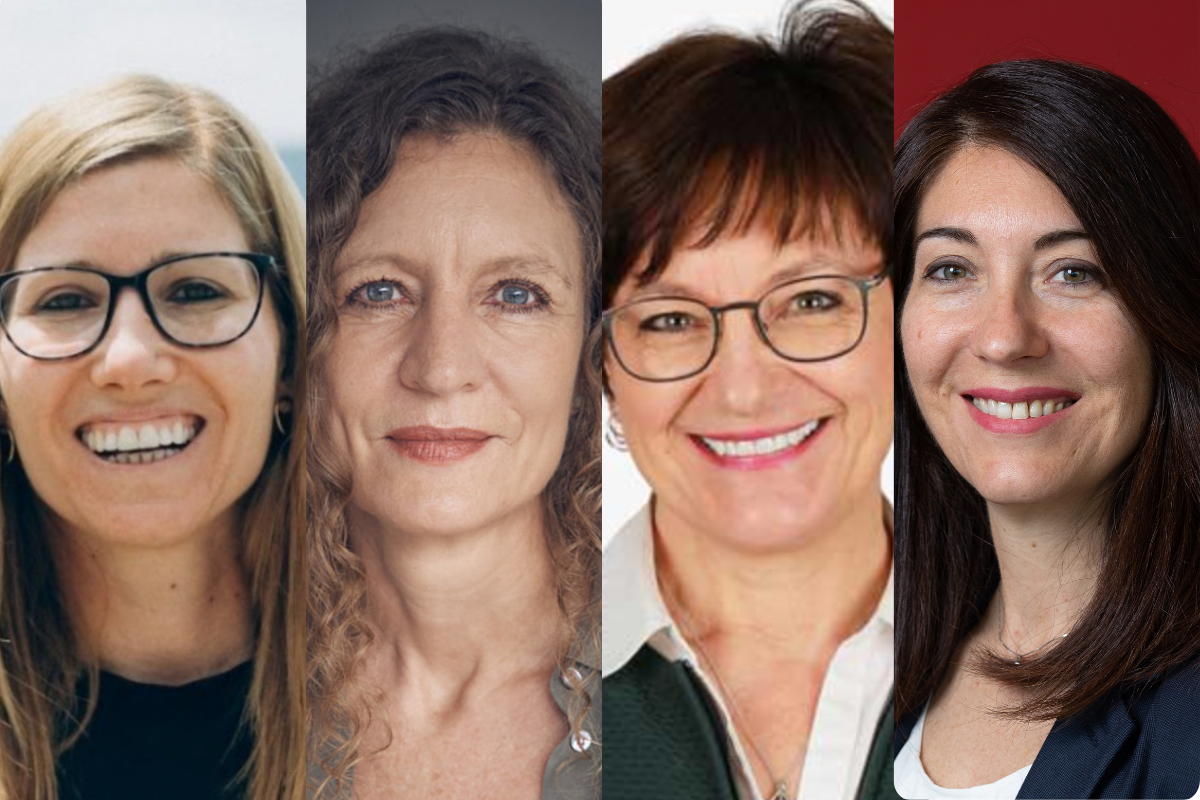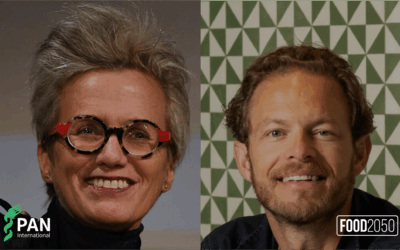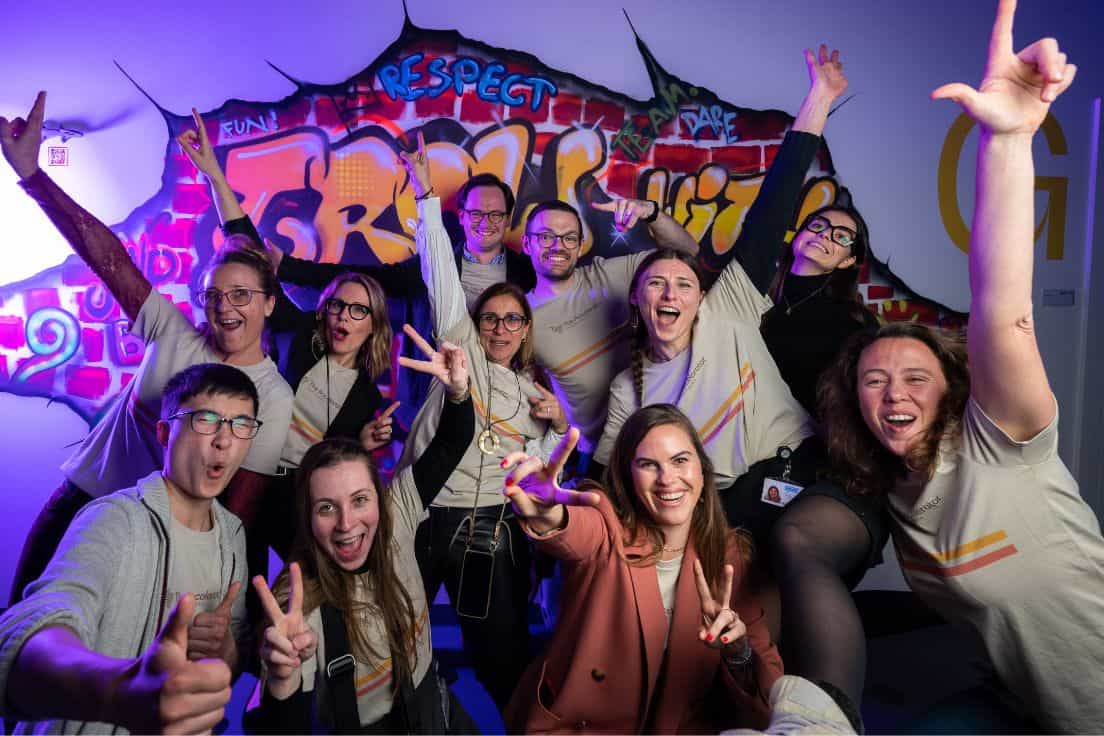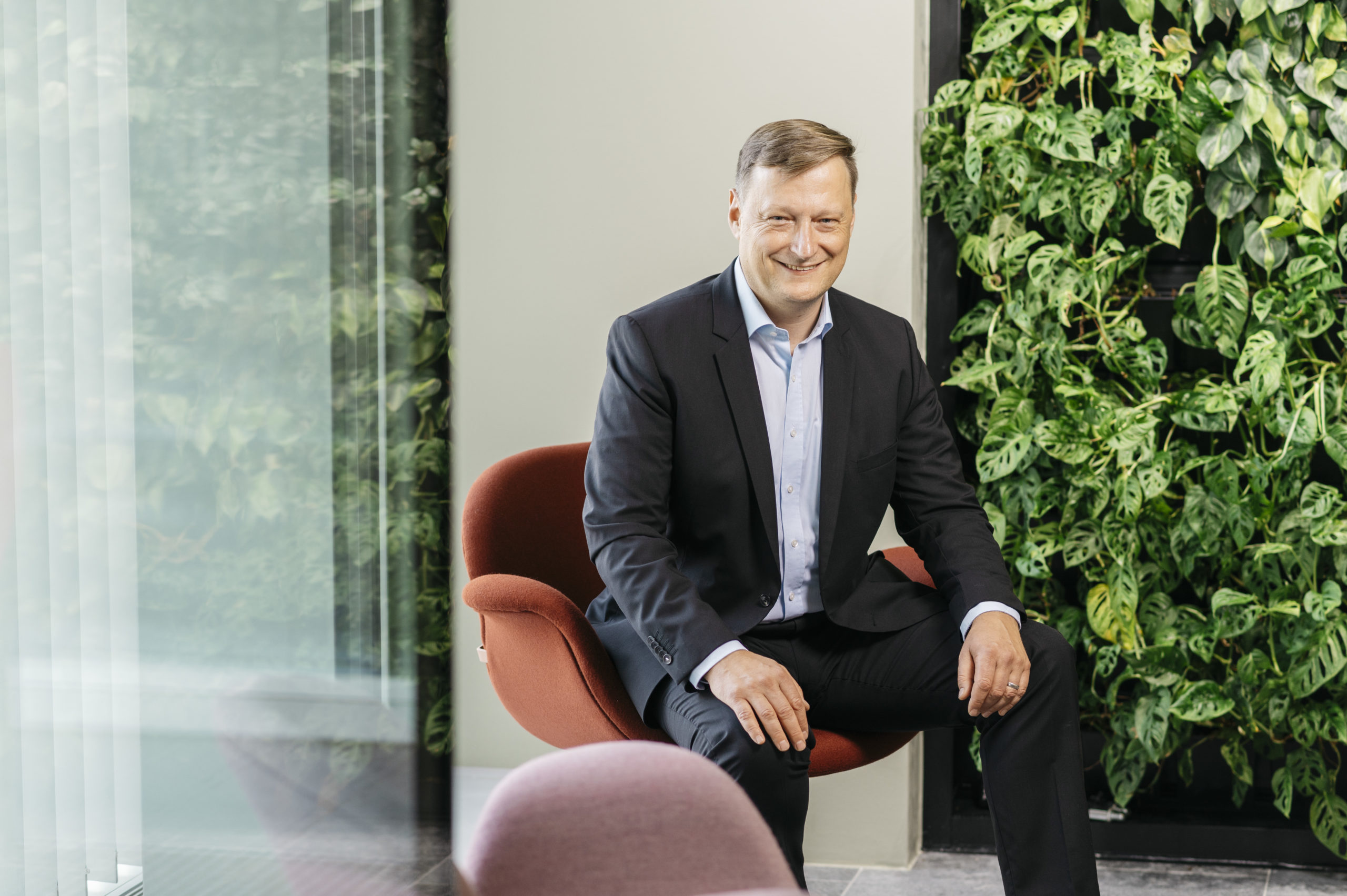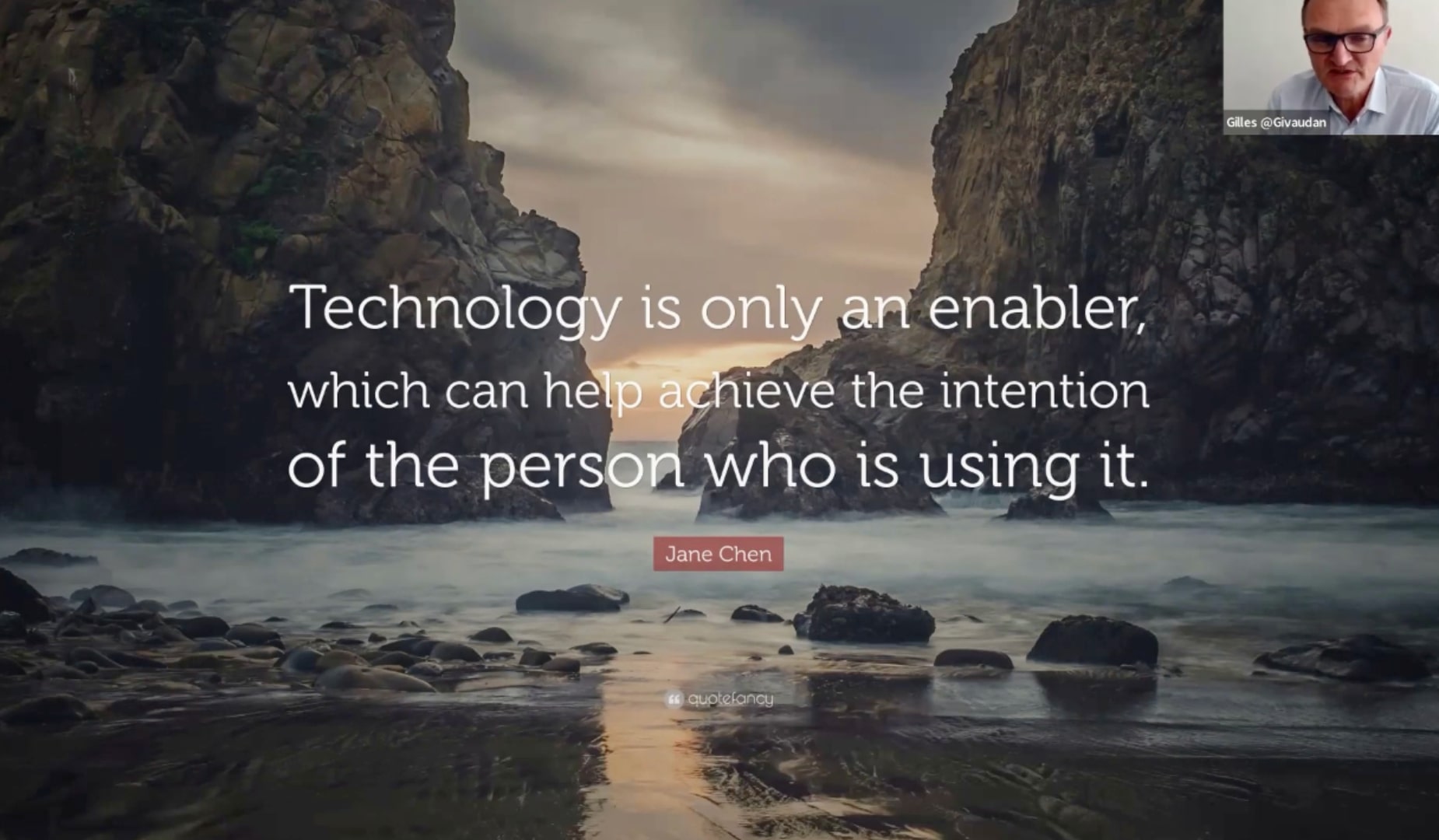Can food be healthy, tasty – and...
2024: Taking a big step towards a more future-proof food system
2024
Taking a big step towards a
more future-proof food system
As 2024 draws to a close, we wanted to take a moment to look back at some of our key highlights – both as individual innovators and as an ecosystem. In the year that Switzerland was ranked leading innovation nation for the 14th time in row, we feel that there is plenty to celebrate. From powerful partnerships to significant funding rounds and exciting new facilities that strengthen Switzerland’s innovation infrastructure.
Teaming up for impact
This year has seen remarkable collaborations and partnerships driving forward food system transformation and sustainable innovation.
The FAO and SFNV signed a Letter of Intent to promote meaningful change in global food systems, while SFNV also teamed up with Switzerland Global Enterprise to highlight Switzerland as a global hub for food and nutrition innovation. Partnering with SFNV, Nestlé and Tetra Pak hosted a State of Play event, focusing on the future of sustainable packaging. A second State of Play event, held in Kemptthal near Zurich, organised in partnership with The Cultured Hub, brought together key stakeholders to explore the future of cultured foods.
In the realm of advanced technologies, Planetary SA partnered with Konica Minolta to develop AI-powered fermentation solutions, and Food Brewer collaborated with Fruitful AI to automate cell selection and media screening. Agilery and Helbling combined forces to offer integrated solutions at the intersection of food and technology, while Bühler expanded its expertise in sustainable fermentation through the acquisition of Esau & Hueber.
Sustainability-driven partnerships flourished, with Vege’tables, Planted, and New Roots uniting to promote plant-based diets, and Haelixa working with regenagri to implement forensic DNA marking for supply chain integrity. Givaudan fostered innovation by collaborating with startups through its Plant Attitude Challenge. ZFV continued to champion food service innovation alongside Yumame, Steasy, and Food 2050.
On the agritech front, GAMAYA and TerraviewOS combined AI platforms to address sustainability challenges, showcasing the power of cross-industry collaboration in building a more resilient and responsible food system.
Click on the carousel below to read the full stories.
Securing investment to scale
This year, we were thrilled to see many Valley partners secure significant investments despite a challenging funding environment.
sallea raised CHF 2.29 million to accelerate the development of plant-based scaffolds for cultured meats, while Cultivated Biosciences secured CHF 4.4 million to further their yeast cream development for dairy alternatives. Plant-based protein innovation continues to thrive as Luya raised CHF 5 million to scale its upcycled protein products made from okara, and Fabas Foods AG secured CHF 1.3 million to develop protein extracts from peas and beans.
In the vertical farming space, UMAMI raised CHF 4.3 million to grow its indoor farming operations in Zurich, and B’ZEOS advanced its efforts in sustainable packaging by securing a seed round and strategic partnerships. Sundays beverages raised CHF 504,000 in a successful crowdfunding campaign, setting the stage for bold expansions in their Swiss-made beverage line.
These successes highlight the growing momentum and investor confidence in innovative food solutions, helping to transform visionary ideas into market-ready products.
Click on the carousel below to read the full stories.
Strengthening our innovation infrastructure
This year, Valley partners have contributed significantly to strengthening food innovation infrastructure by opening a series of new facilities both in Switzerland and across the globe.
Planted built an additional facility to boost their capacity, while FoodYoung opened a groundbreaking innovation facility in Balerna. Bühler inaugurated a Grain Innovation Center and collaborated with Givaudan and MISTA to open an advanced extrusion hub. Upgrain launched Europe’s largest food upcycling facility.
The Valley team was thrilled to partner with both ZFV to power their Living Lab – a platform to accelerate food service innovation – and with ALDI SUISSE to launch the Retail Shelf initiative that attracted 100+ applications from startups across Europe.
And last but not least, The Cultured Hub – a cutting-edge “scale-up as a service” facility by Givaudan, Bühler, and Migros – opened its doors, showcasing the power of collaboration in driving sustainable food solutions.
These developments show the vital role of facilities and the wealth of knowledge in their associated networks in helping startups move from a great idea to a marketable product.
Click on the carousel below to read the full stories



























